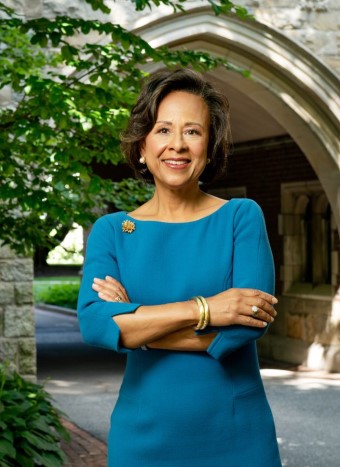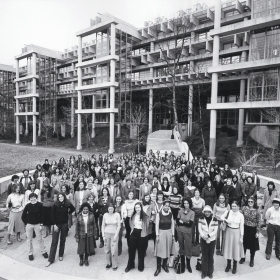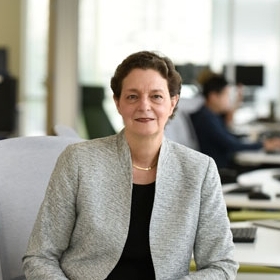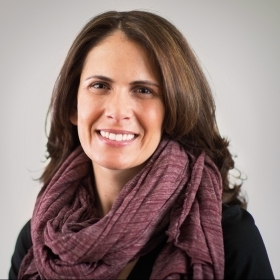
Recently, a student interviewed me for a science journal she is starting on campus. Her passion for inquiry was infectious. After we talked, I wrote down these three thoughts: First, Wellesley women, across all disciplines, are intensely and endlessly curious. Second, we must give every student the chance to experience what discovery feels like. Finally, we need to ensure the right conditions are in place for students to make the academic (and personal) breakthroughs that will propel them forward.
These propositions point toward something truly exciting. Wellesley, perhaps of all the liberal-arts colleges, has a unique opportunity to cement—and advance—our role in undergraduate STEM education for women, including research as an essential component. And with a state-of-the-art science center on the horizon, nothing can stop us from realizing these goals.
The need for Wellesley’s leadership in this area is profound. According to the United Nations, globally, only 28 percent of researchers are women, a sobering statistic that not only includes STEM fields but fields like the social sciences and humanities. This is our call to action. As the premier women’s college (where perhaps not surprisingly our students are 50 percent more likely to study a STEM field than women at coed schools), Wellesley will be a driving force—as an institution and as a powerful alumnae network—in shaping a generation of scientists and researchers.
This will be possible because we approach STEM learning and instruction knowing that most 21st-century advances are being driven by science and technology. But we also know that to confront successfully the world’s most pressing problems, we need integrated solutions that plumb the rich potential of innovations from many different fields. We engage our students in the thrill of interdisciplinary research that creates concrete, sustainable change and that seeks to solve global problems. Rooted in the liberal-arts tradition, we focus on evidence-based inquiry and an understanding of the world based in social, ethical, and historical contexts—especially necessary as science and technology change faster than our ability to keep up.
The campus is alive with concrete examples of these ideals. Consider TwitterTrails, co-developed by Takis Metaxas, professor of computer science. In the battle against the spread of fake news, this tool allows members of the media to track the trustworthiness of stories shared on Twitter. With work from a psychologist, a political scientist, a mathematician, a physicist, and a computer scientist, TwitterTrails represents the best of cross-disciplinary collaboration that improves the world.
I meet many students who already understand what can be gained by thinking about academic intersections and how they can use what they learn to address real-world problems. At the Albright Institute’s Wintersession program, I met Shivani Dayal ’18, a neuroscience major (with a minor in health and society) who is interested in public health in the developing world, and Nisreen Abo-Sido ’18, an environmental studies major who is blending environmental science with social justice. For their final project, their group devised ways to ensure that crucial health-care technology would reach the poor and very poor, insisting that all involved in its delivery listen to needs of these populations.
As we move forward, our faculty and students require a space that is equal to their drive and aspirations. And to make the most of their intellectual strengths and potential, our students need to be as strong as they can be—physically and emotionally. This is why the new science center will foster human interconnectedness—between our students and faculty, and among our students themselves—as central to learning. What’s more, its use of light and space, and its interiors, will be uniquely designed to enhance learning and health. Constructed for collaborative and creative experimentation and instruction, the center will serve as a hub on campus where science majors and nonmajors alike will interact and share in discovery.
Irina Bokova, director-general of UNESCO, has said, “Meaningful progress must start with the rights and dignity of women, by nurturing their ingenuity and innovation. … The world needs science, and science needs women.” Indeed, as we fight for a more humane world, we must remember that the fates of women, science, and progress are inextricably linked. The future requires science literacy for all, a belief in equity, and change agents who know how to work at the intersections, social and academic. Women will shape that future—and Wellesley’s students, faculty, and alumnae will be its vanguard.


